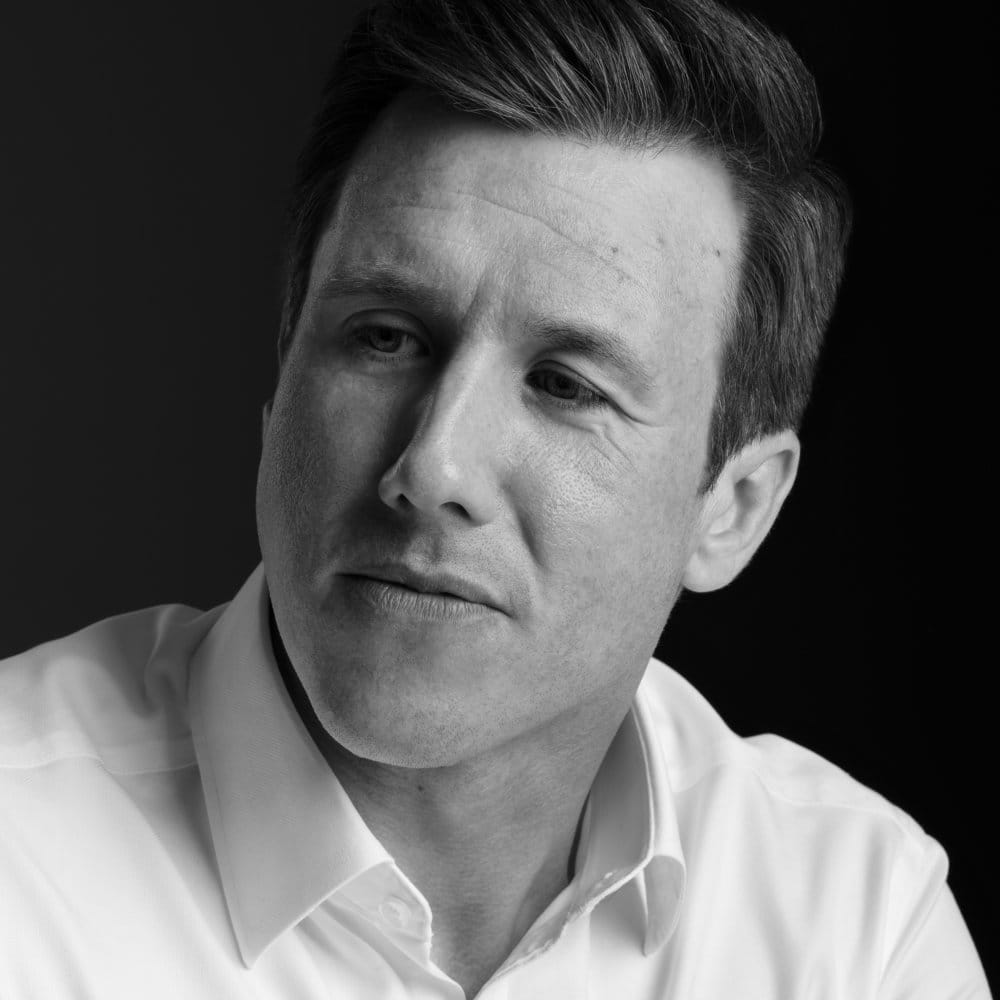Speakers at Jersey Finance’s flagship Dubai conference and new research published by the organisation looking at the world of Islamic wealth management, have both helped highlight the evolving aspirations of the Middle East NextGen.
Crestbridge Family Office Services Director, Daniel Channing, who attended the Dubai conference, reflects on the changing dynamic of Middle East families and the impact of the NextGen.
The makeup of today’s high net worth families has changed considerably compared to that of previous generations. Larger family units, consisting of multiple branches all differing in ages, in multiple jurisdictions and pursuing multiple interest, creates significant challenges particularly when varying perspectives, visions and objectives collide.
Consequently, a focus on operating cohesively and seeking collective agreement prior to making decisions has become paramount. In addition, there has been a rise in developing multiple, concurrent investment and wealth planning paths to satisfy differing objectives.
As a result – and as recent discussions at Jersey Finance’s Dubai conference showed – the nextgen is increasingly seeking to incorporate robust governance into the management of a family’s collective wealth and business interests, with a view to providing a supportive framework to help the interplay of these often complex family dynamics. This is a trend that is playing out particularly strongly in the Middle East, where the values and visions of previous generations can be juxtaposed with the rapidly evolving ambitions and values of the nextgen.
Making their own way in the world
The nextgen forging their own path and fulfilling the expectations and obligations of the previous generation can be a significant challenge. Key decisions include; the right time to assume control of the family’s wealth from the first generation; how to fully assert control and what direction to take in relation to management and custodianship of the wealth.
The above can include a desire to establish their own career independently or in tandem with the inherited wealth. Assuming responsibility can often come with a greater focus on exercising personal vision, albeit balanced against any commitment towards the previous generation.
Defining this personal vision is a key first step. This is frequently followed by implementing a framework, often using a tested structure, to help implement a new vision alongside that of the previous generation. Such a framework can also help to manage potential conflict between the new approach and the existing one.
A final challenge can be seen when a nextgen individual, reluctant to take stewardship of wealth from the previous generation, is prematurely forced to do so. In these circumstances, it is critical that a structure with the appropriate framework exists to help and support them.
Beyond the nextgen
What’s clear is that families with a Middle East nexus are increasingly complex and sophisticated, and while larger families with diversified interests present significant challenges for family office practitioners, they also create opportunities.
For families themselves, having conversations early to establish internal frameworks and networks of trusted advisors is critical.
At the same time, for service providers and the IFCs that house them, taking a digital-first approach, understanding the need for multi-platform communication demands, and providing access to specialist, tailored expertise will be vital if they are to continue to support and anticipate the rapidly changing needs of the Middle East nextgen and beyond.

